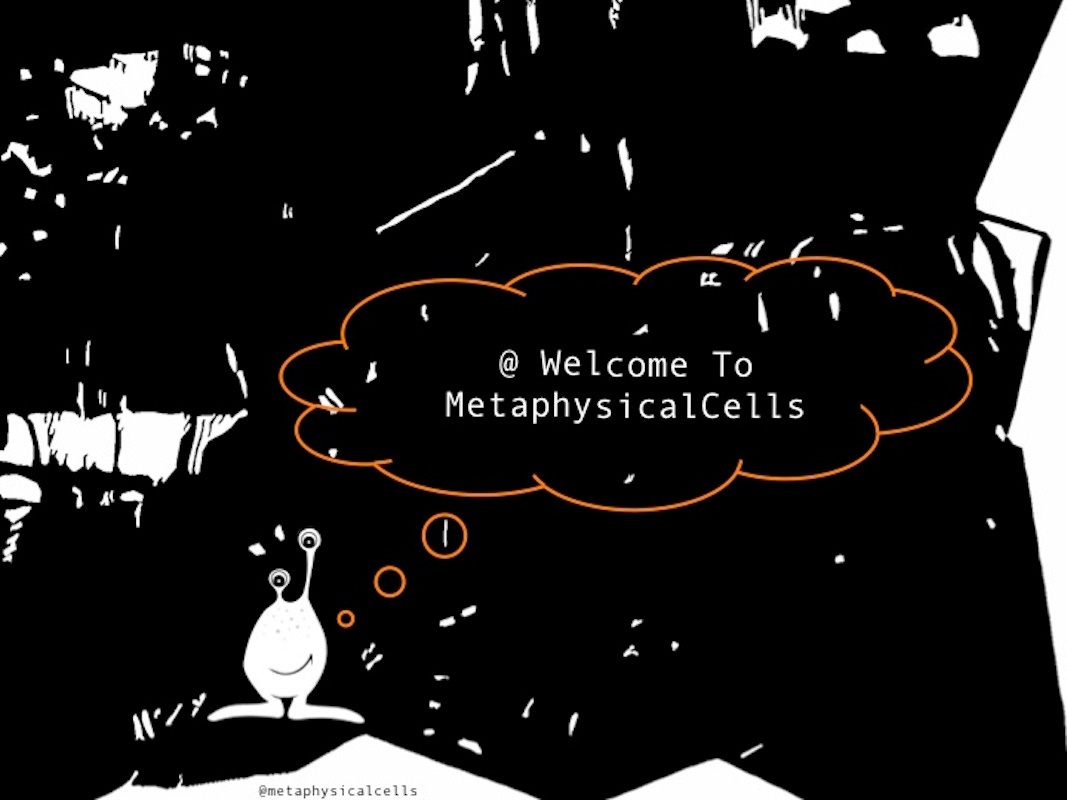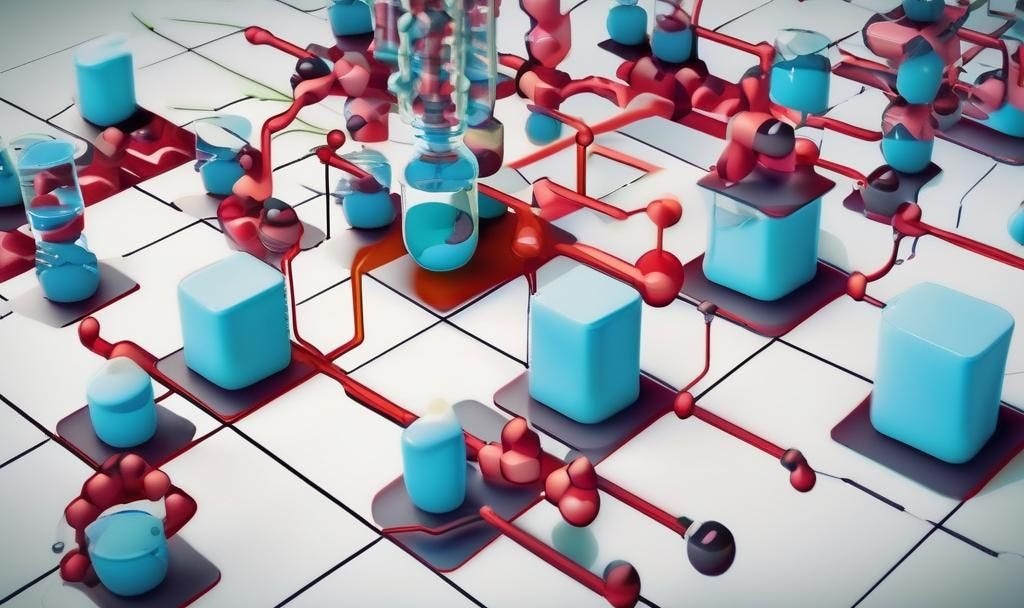Weekly TechBio News: Transforming Retrosynthesis with AI/ML
AI/ML tools for planning and execution of chemical synthesis
Hi everyone and welcome back. This week’s newsletter is all about retrosynthesis and AI solutions 👉🏼
🗂️: Chemical AI, Chemify, DeepMatter, Pending AI, Iktos, Molecule.one, Elix, Synthia by Merck and ChemDraw by PerkinElmer (Revvity Signals), Optibrium and many more
“It's very, very dangerous to lose contact with living nature.”
Albert Hofmann
⚗ Chemical.AI in Shanghai China (2018) (Wuhan Zhihua Technology Co, Ltd) offers the ChemFamily products, including ChemAIRS (an AI-empowered retrosynthesis platform), ChemAIOS (an intelligent laboratory management system), ChemAIoT (a human-machine collaboration platform) and ChemAILab (an automated chemical synthesis service), all based on its proprietary retrosynthesis algorithms as a standard closed data loop to enhance chemical synthesis efficiency. In particular, ChemAIRS offers synthetic predictions by combining big data with continuous-learning chemical rules and optimizing algorithms, and is capable of supporting the integration of millions of internal Electronic Lab Notebook (ELN) data. ChemAIRS can reduce the total route steps by 20-70% by integrating tens of millions of enterprise BB (Building Block) data, thus helping chemists to find shorter and more valuable potential routes for synthesis.
In 2024, Chemical.AI announced new collaborations with:
Nanyang Technological University, Singapore (NTU Singapore) to advance the automation progress in nanomaterials labs,
Aragen Life Sciences (Aragen), a leading Contract Research Development and Manufacturing Organization (CRDMO) headquartered in India, to accelerate Aragen’s drug research and development with ChemAIRS,
Mcule, an innovative online drug discovery platform providing the highest quality database with molecular modeling searching tools and cloud services, to integrate Mcule's extensive compound database into Chemical.AI's retrosynthesis platform and
eMolecules, the world’s largest in-stock chemical space at your fingertips, to integrate its extensive building block data into Chemical.AI's next-gen reaction informatics platform, enhancing ChemAIRS's ability to provide synthetic routes with practical information on the availability and pricing of building blocks.
Chemical.AI is already working with Pfizer (NYSE: PFE) to implement the ChemAIRS AI-aided synthetic route-design system and has strategic collaborations also with Livzon Medicine, a leading pharmaceutical group integrating R&D, production and sales in China, Chemaxon, a leading chemical and biological software development company that provides solutions for biotech and pharma headquartered in Budapest, XuanZhu BioPharm in China (a subsidiary of Sihuan Pharmaceutical) that owns a number of biology companies covering from drug discovery, preclinical research, clinical development and sales, Scilligence, an innovation leader of web-based cheminformatics and bioinformatics solutions for life sciences R&D in US, NovAliX, a world-leading Drug Discovery CRO company in France, CarbonSilicon AI, a technology company focusing on new drug development in China and many more.
Site-specific template generative approach for retrosynthetic planning
This approach features three innovations: generating reaction templates instead of reactants or synthons to create novel chemical transformations, allowing user selection of specific bonds to change for human-influenced synthesis, and employing a conditional kernel-elastic autoencoder (CKAE) to measure the similarity between generated and known reactions for chemical viability insights.
These features form a coherent retrosynthetic framework, validated experimentally by designing a 3-step synthetic pathway for a challenging small molecule, demonstrating a significant improvement over previous 5-9 step approaches.
⚗ Chemify Ltd, spun out of 15 years of research at the University of Glasgow UK (CEO Professor Lee Cronin), aims to digitize chemistry and produce solutions to run chemical code for drug discovery, chemical synthesis and materials discovery. They have an extendable chemical execution architecture for chemical synthesis that can automatically read the literature, leading to a universal autonomous workflow. The robotic synthesis code can be corrected in natural language without any programming knowledge, and is hardware independent. This chemical code can then be combined with a graph describing the hardware modules and compiled into platform-specific, low-level robotic instructions for execution (A universal system for digitization and automatic execution of the chemical synthesis literature).
After announcing in 2023 a $43M funding and a collaboration with Dewpoint Therapeutics (cancer, neurodegeneration), on October 1, 2024, Chemify was awarded a grant from the Bill & Melinda Gates Foundation to discover new drug leads for treating tuberculosis and malaria. Moreover on August 14, 2024, Chemify announced that Kevin McGowan, PhD, MBA, will join the company as Chief Business Officer (CBO), to help Chemify scale its commercialization and operations and further expand into U.S. markets.
Artificial Intelligence Methods and Models for Retro-Biosynthesis: A Scoping Review
Single-Step Retro-Biosynthesis Methods:
Template-based (EHreact, retrosim_enz, RingBreaker), Template-free (BioNavi-NP, Kreutter et al, Probst et al) and Semitemplate-based (Thakkar et al)
⚗ DeepMatter Ltd was spun out from the University of Glasgow like Chemify and is focused on ML powered by SmartChemistry—with synthesis designing tools utilizing an advanced knowledge base that combines reaction data, real time sensor data and outcomes—and by ChemIntelligence—their proprietary AI algorithms that can learn relationships of any complexity from experiments, even when the underlying physics is not well-understood. Their cloud-based platform allows reaction data to be consumed from multiple data sources to provide a cleansed, harmonized and categorized repository for the exploitation of reaction data through APIs, search tools and ML/AI learning.
In 2021, DeepMatter signed a partnership with the University of Leeds in UK to use its AI software to control laboratory equipment. In 2022, DeepMatter quit the London Stock Exchange after 16 years as a PLC. In 2024, DeepMatter wished to take actions in relation to the enforcement of its rights in the technology assigned to it against the University Court of the University of Glasgow, and to that end sought for the defender to produce specified material (Chemicals company granted order for production of documents in dispute with Glasgow University over assigned technology).
DeepMatter notes the favorable judgment of Lord Sandison on the 4th July 2024 in its litigation against the University of Glasgow.
The first model uses an abstract version of a reaction template, obtained via gaussian mixture modeling, to quantify its relative increase in publishing frequency in continuous flow, without relying on potentially ambiguously defined reaction templates.
The second model is an artificial neural network that categorizes feasible and infeasible reaction components with a 75% success rate. A set of reaction components is considered to be feasible if there is an explicit reference to it being used in continuous synthesis in the database; all other reaction components are considered infeasible. While several cases that are “infeasible” by this definition, are classified as feasible by the neural network, further analysis shows that for many of these cases, it is at least plausible that they are in fact feasible – they simply have not been tested to (dis)prove this.
The final model suggests alternative continuous flow components with a top-1 accuracy of 95%.
Combined, they offer a black-box evaluation of whether a reaction and a set of reaction components can be considered promising for continuous syntheses.





